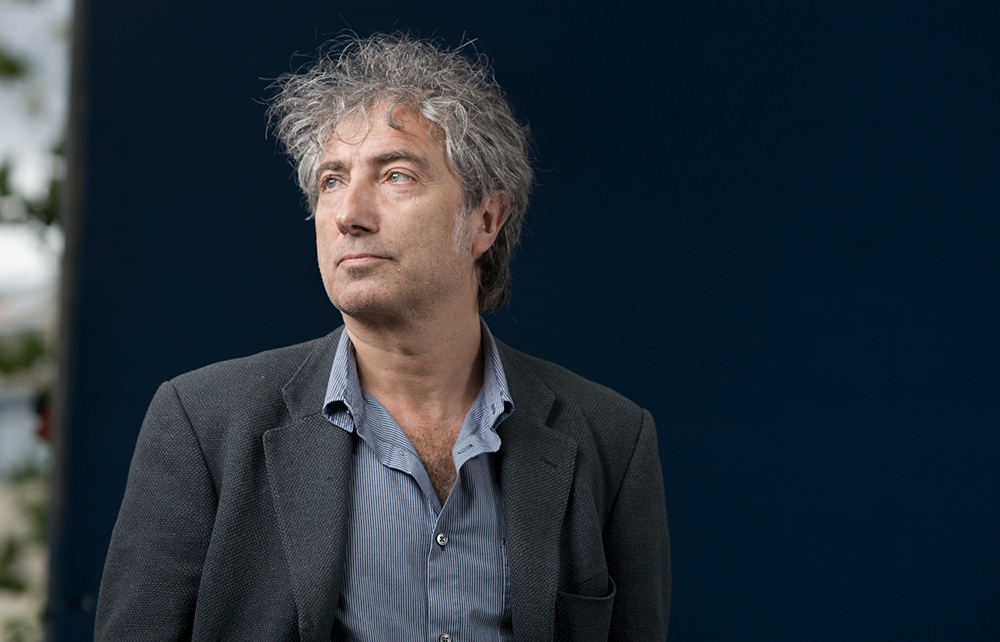Oscar Nemon’s statue of Sigmund Freud at the Tavistock Clinic glares out with such a contemptuous look of superior knowledge that Freud’s housekeeper told him it made him look too angry. ‘But I am angry,’ replied Freud. ‘I am angry with humanity.’
Meanwhile, the cover image of Adam Phillips’s new book on psychoanalysis is a detail of a figure from Michelangelo’s ‘Last Judgment’, cast down to damnation, face in hand, his eyes wracked with fear and regret, his muscular ring finger grinding anxiously into his muscular forehead. If you didn’t recognise him from the Sistine Chapel you could imagine an angry Freud, not an impassive Christ, glaring at him just out of shot.
Phillips, while he can possess a contemptuous glare, is at least not angry with humanity. He is the Donald Winnicott of our age, a decorated child psychotherapist, and, like Winnicott, his creative and literary talents have few analytical peers.
On Giving Up is a collection of seven new, loosely associated essays. Two of them stand out in their brilliant use of the dialectical psychoanalytic method (otherwise known as the old switcheroo, or as Freud put it once: ‘Heads I win, tails you lose’). A chapter titled ‘Dead or Alive’ could have been called ‘How dead do we need to make ourselves in order to live?’ One on censorship contends that the censor is necessary for intellectual survival. In each essay, it is Freud who unlocks the key insights, here observing that of those things that are forbidden, it is only the untrue statements that pass the censor, never the true. Phillips recasts this beautifully by referencing Nietzsche: we have censorship (rather than art) that we may not perish of truth.
As a child psychotherapist, Phillips talks often with children in mind. Children have to give up on being young, and the whole act of growing up is a gradual process of being left out; yet there is something much worse than giving up, and that is being given up on.
There is something much worse than giving up, and that is being given up on
Lacan figures heavily, and if it is true that analysts summon up their theories in their patients, what Phillips’s Lacan summoned up in this reader was frustration.







Comments
Join the debate for just £1 a month
Be part of the conversation with other Spectator readers by getting your first three months for £3.
UNLOCK ACCESS Just £1 a monthAlready a subscriber? Log in